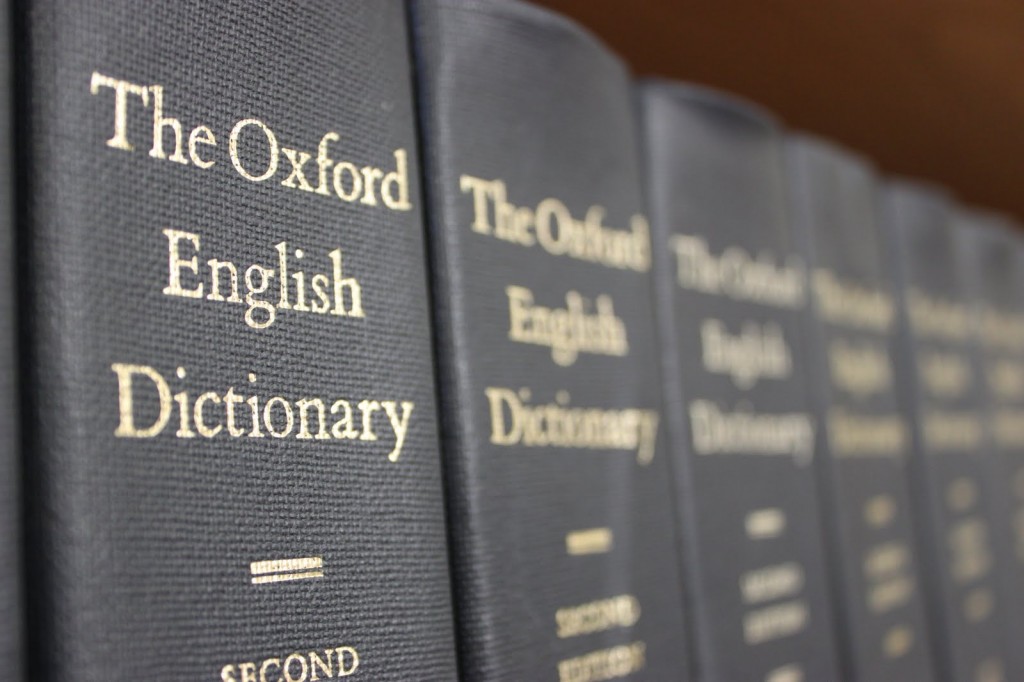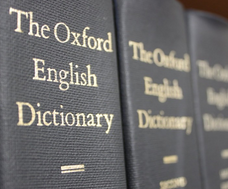The Oxford English Dictionary recently announced its updates for the reference book’s latest edition that include several words derived from today’s texting world.

The abbreviations OMG (Oh My God or Oh My Gosh), LOL (Laughing Out Loud), FYI (For Your Information), BFF (Best Friend Forever) and others now have their own entries in the dictionary.
Sophomore Marlee Castillo found the dictionary’s decision entertaining.
“I think it is hilarious,” she said. “It’s not what you think would be in there.”
Sophomore Sarah Eaton had a similar reaction.
“That’s pretty weird to me, but I guess at the same time the dictionary is to inform people,” she said.
Eaton said the abbreviations have become part of today’s language.
“You use them to get your point across just like you would use a word,” Eaton said. “I feel like it’s such a common part of our language, our colloquial, so it makes sense.”
As surprising as the new additions may be, they are of little worry to Andrew Scheiber, St. Thomas English department chair.
“It doesn’t concern me so much,” Scheiber said. “From every generational subculture, things find their ways into more general usage, so this is sort of a normal pattern of language change and language evolution.”
He added, “There are people who will know what OMG means and people who won’t. There’s kind of a social solidarity that’s being established through the use of these shared symbols, whether you want to call them words or abbreviations.”
Other additions to the Oxford English Dictionary reflect the new usage of some words. Taken from the symbol <3, to “heart” something is to love it. The expression “muffin top” is defined in the dictionary as the “protuberance of flesh above the waistband of a tight pair of trousers.”
“What happens when something enters the OED is the editors of the OED have made a judgment that these things have kind of jumped out of the subculture to more general usage,” Scheiber said. “To the extent that now they can be represented in the dictionary as a general reference for current language usage.”
Eaton said she thought it was unlikely these additions would make the jump from the texting world into everyday vocabulary.
“I say OMG just to be funny sometimes, but I don’t ever use them seriously,” Eaton said. “I would never say LOL instead of laughing or something like that.”
Colleen Schreier can be reached at schr1207@stthomas.edu.




Is it still April Fools’ Day? Please tell me this is a joke…
What is our wold coming to?!